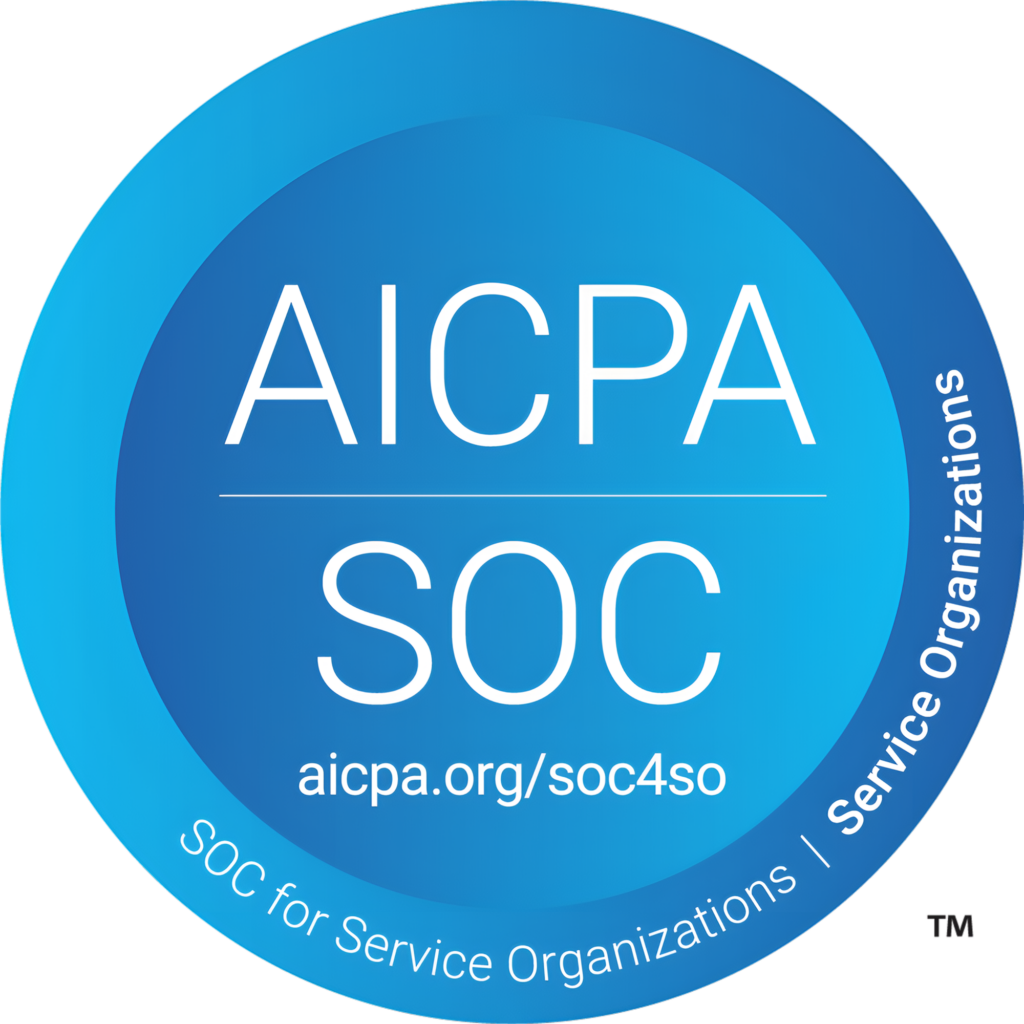Microsoft Copilot Studio is transforming the way organizations build AI agents—shifting from traditional rule-based bots to more dynamic, context-aware experiences. For advanced users, Copilot Studio offers a suite of powerful capabilities designed to optimize customization, automation, and user experience. Below are the key features that enable more intelligent and scalable AI agent development.
Continue Reading
- Unified Authoring Canvas with Generative AI Capabilities
The unified authoring canvas is a major enhancement for experienced developers and designers building complex conversational flows. This new interface merges topics, triggers, and generative AI components in a single workspace—streamlining development and reducing context switching.
Key highlights:
- Visual editor: Create, view, and manage entire dialog flows from one centralized view.
- Generative AI control: Insert large language model (LLM) responses directly within topics to make conversations dynamic.
- System message customization: Fine-tune AI tone, context, and behavior to match brand voice or specific business needs.
This integrated approach offers both high-level orchestration and low-level control, making it ideal for designing complex, multi-turn conversations with precision.
- Transformer-Based Natural Language Understanding (NLU)
To support broader and more accurate user intent detection, Copilot Studio now incorporates a transformer-based NLU model. This significantly improves recognition across varied phrasings and enhances the agent’s language flexibility.
Advanced configuration tips:
- Trigger phrases: Expand phrase libraries using synonyms and common variations.
- Topic structure: Group semantically similar topics together to leverage the NLU’s intent clustering capability.
- Message hints: Add optional messages for edge cases, improving accuracy in classification.
These improvements allow developers to focus on design without worrying about edge-case failures in input interpretation.
- Topic Overlap Detection and Resolution
One of the common challenges in large-scale bot projects is overlapping intents. Copilot Studio introduces automated topic overlap detection, allowing developers to proactively resolve conflicts between similar topics.
Advanced benefits:
- Conflict alerts: Get notified when two or more topics respond to similar trigger phrases.
- Suggested changes: The system proposes alternate trigger phrases or topic reorganization.
- Improved fallback handling: Reduce confusion and avoid unintended topic activation.
This feature is especially valuable in enterprise bots with hundreds of topics and shared responsibilities across teams.
- AI-Driven Topic Suggestions from Chat Logs
In preview, Copilot Studio now supports AI-powered topic generation by analyzing past conversations and logs. This enables rapid scaling of your AI agent by letting the system recommend new topics based on user demand.
Advanced use cases:
- Proactive topic expansion: Discover emerging user needs not covered by current intents.
- Data-driven design: Eliminate guesswork by using real chat interactions to fuel roadmap.
- Faster iteration: Convert logs into draft topics and refine them in the authoring canvas.
For seasoned developers, this bridges the gap between real-world usage and design, ensuring the agent evolves organically.
- Real-Time Responses Using Indexed Content
Advanced agents often need to access dynamic or unstructured data. With real-time content indexing, Copilot Studio enables AI agents to respond using SharePoint, OneDrive, or external knowledge bases.
Features for advanced integration:
- Built-in search orchestration: Index data and retrieve answers during runtime.
- Natural responses: Responses are phrased in context using generative AI, not just keyword matching.
- Content filtering: Apply access controls and filters to maintain governance.
This capability allows organizations to integrate vast data repositories without manual curation, delivering real-time business value.
- Classic Bot Migration Support
For teams with legacy bots, Microsoft provides tools to migrate classic Power Virtual Agents bots to the new Copilot Studio framework. While a straightforward lift-and-shift isn’t possible, there’s robust support for modernizing classic bots.
Key support features:
- Migration checklist: Guidance on mapping classic topics, variables, and entities to the new model.
- Compatibility tools: Warnings and fixes for deprecated components or unsupported flows.
- Best practice patterns: Adopt new patterns like generative fallback or orchestration steps to enrich the converted bots.
This ensures that existing investments can be retained while transitioning to a more flexible and AI-enhanced environment.
Conclusion:
The advanced features of Microsoft Copilot Studio go beyond basic chatbot development. From its unified canvas and improved NLU to AI-driven suggestions and real-time data access, every feature is designed to scale with enterprise needs. Whether modernizing legacy bots or creating new, intelligent experiences, advanced users will find these tools critical to building smarter, more responsive AI agents.

